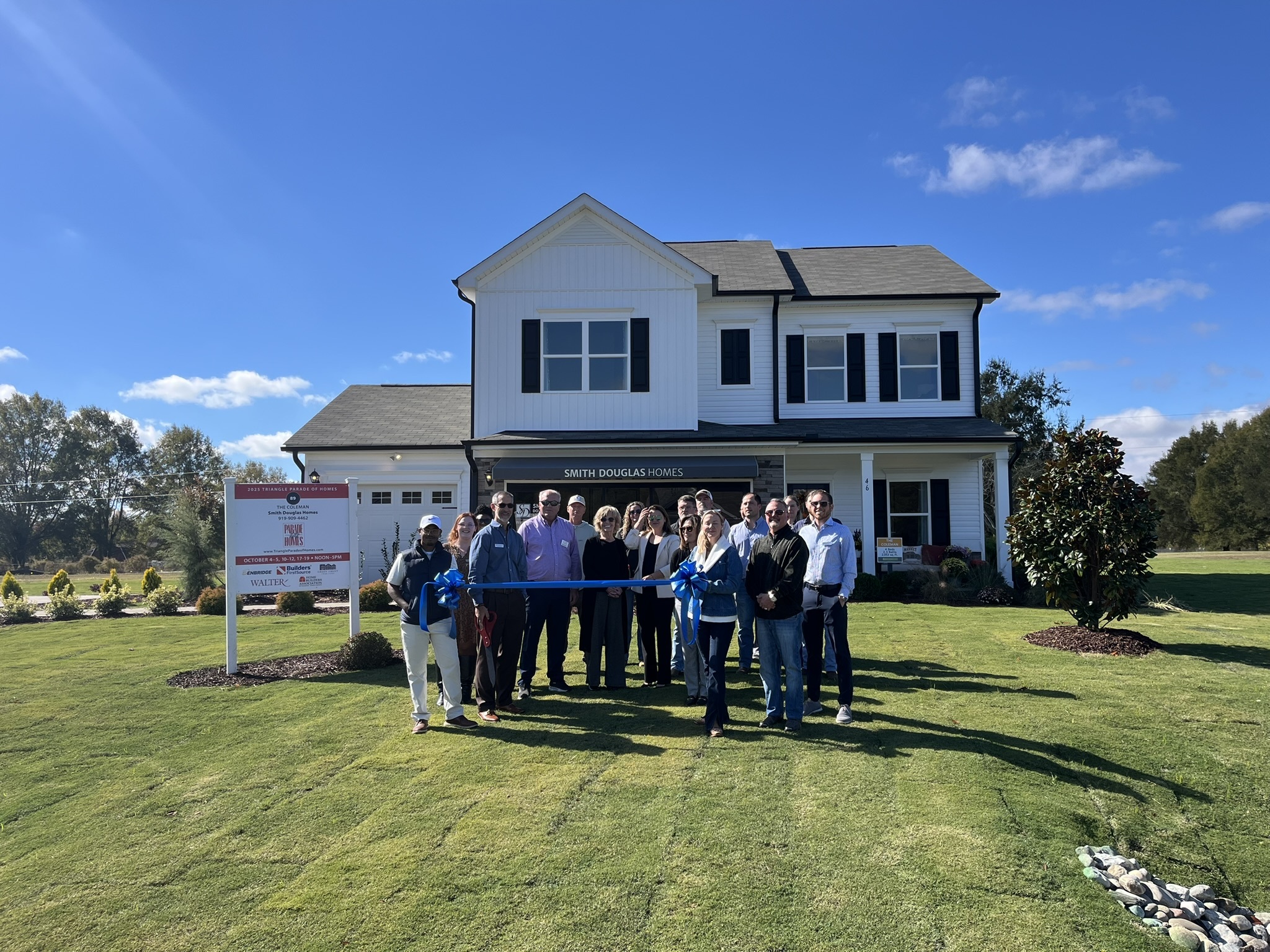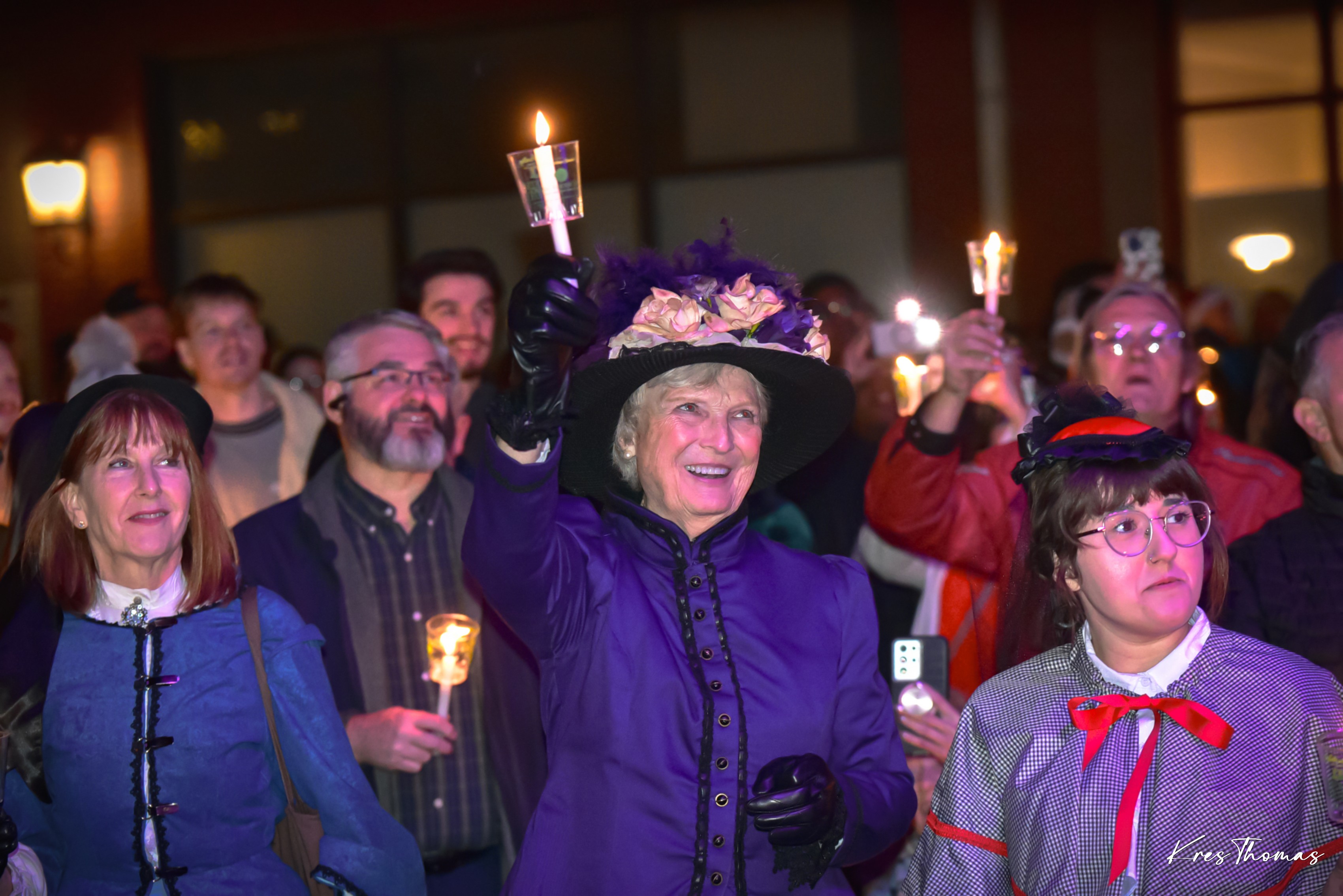Young professionals are the focus in this issue—and we are a better community because of them. However, we must work harder to know that our region’s strength comes from five generations working side by side. From shop floors in Hope Mills to coffee shops in Spring Lake, classrooms at FSU, Methodist and FTCC to the entrepreneurship streets of downtown Fayetteville, our economy thrives when experience and fresh perspective meet.
A quick look at the mix helps set the stage for the point I'm trying to make. As of mid-2024, millennials are the largest slice of the U.S. labor force (about 36%), followed by Generation X (around 31%). Gen Z is rising fast at roughly 18% and, for the first time, surpassed baby boomers (about 15%) last year. The Silent Generation has nearly fully retired (about 1%).* These percentages shift slowly year to year, but the direction is clear: more Gen Z joining, more boomers passing the torch and Gen X and millennials carrying the managerial middle.
These generational labels can be useful, but they don’t explain everything. Pew Research Center states that we should “compare people at similar life stages and not over-generalize from stereotypes.” Age cohorts matter; exaggerations don’t. What matters inside our organizations is how people actually work together.
I’m a 58-year-old Gen Xer, raised by parents from the Silent Generation. They taught me that steady work, humility and a sense of duty are not old-fashioned—they’re foundational. Gen X learned to be scrappy and pragmatic. Millennials pushed collaboration, transparency and mission. Gen Z arrives with native digital fluency and a bias for speed. Boomers bring institutional knowledge and client relationships you can’t download. The melting pot of these strengths is where teams win.
Young professionals often communicate they want two things at once: to grow quickly and to do work that matters. Global data backs that up. In Deloitte’s 2025 survey, large majorities of Gen Z and millennials said soft skills—communication, leadership, empathy, networking— are essential, and they’re hungry for mentorship and on-the-job learning. In fact, 86% of Gen Z and 84% of millennials emphasized mentorship, and close to nine in 10 in both groups value practical, on-the-job development. That’s not a rebellion against the past; it’s a request to be taught—and to contribute.
So how do we make our multigenerational mix a competitive advantage for the Fayetteville area?
Our local economy—anchored by defense, healthcare, education, logistics and a growing small-business scene—needs every generation at full strength. That means respecting the people who built the institutions we now steward, while opening real lanes for younger professionals to lead earlier. It also means refusing the false choices between “the way we’ve always done it” and “let's move fast and break things.” We need both: wisdom and speed.
Bridging the gap starts with the right attitude. Let’s assume good things across all ages. Let’s hire for potential, promote for impact and measure what matters: results, not birth years. If we do, we’ll keep more of our best young professionals here, attract talent from outside and protect the heritage and continuity that make this community special.
My parents’ generation taught me to leave things better than I found them. That’s my hope for this moment: that our youngest professionals find room to stretch, our most seasoned colleagues feel recognized and essential and the rest of us in the middle keep building sturdy bridges between them. If we get that right, Fayetteville won’t just have a pipeline of talent—we’ll be able to shift into a higher gear for the race ahead!
God bless you and yours!

Smith Douglas Homes has launched its notable development called Cape Overlook, a 63.95-acre subdivision situated on the Cape Fear River near Wildlife Road.

Walsingham Group Inc., an organization federally recognized for its efforts and emphasis on hiring Veterans is partnering with local and national organizations to recruit, hire and retain Veteran talent. Photo generated using Canva AI.Walsingham Grou

Costumed actors will roam the streets, carriage rides will guide visitors throughout and the traditional candlelight processional and illumination ceremony will be included at this year’s A Dickens Holiday. Photo provided by A Dickens Holiday, taken